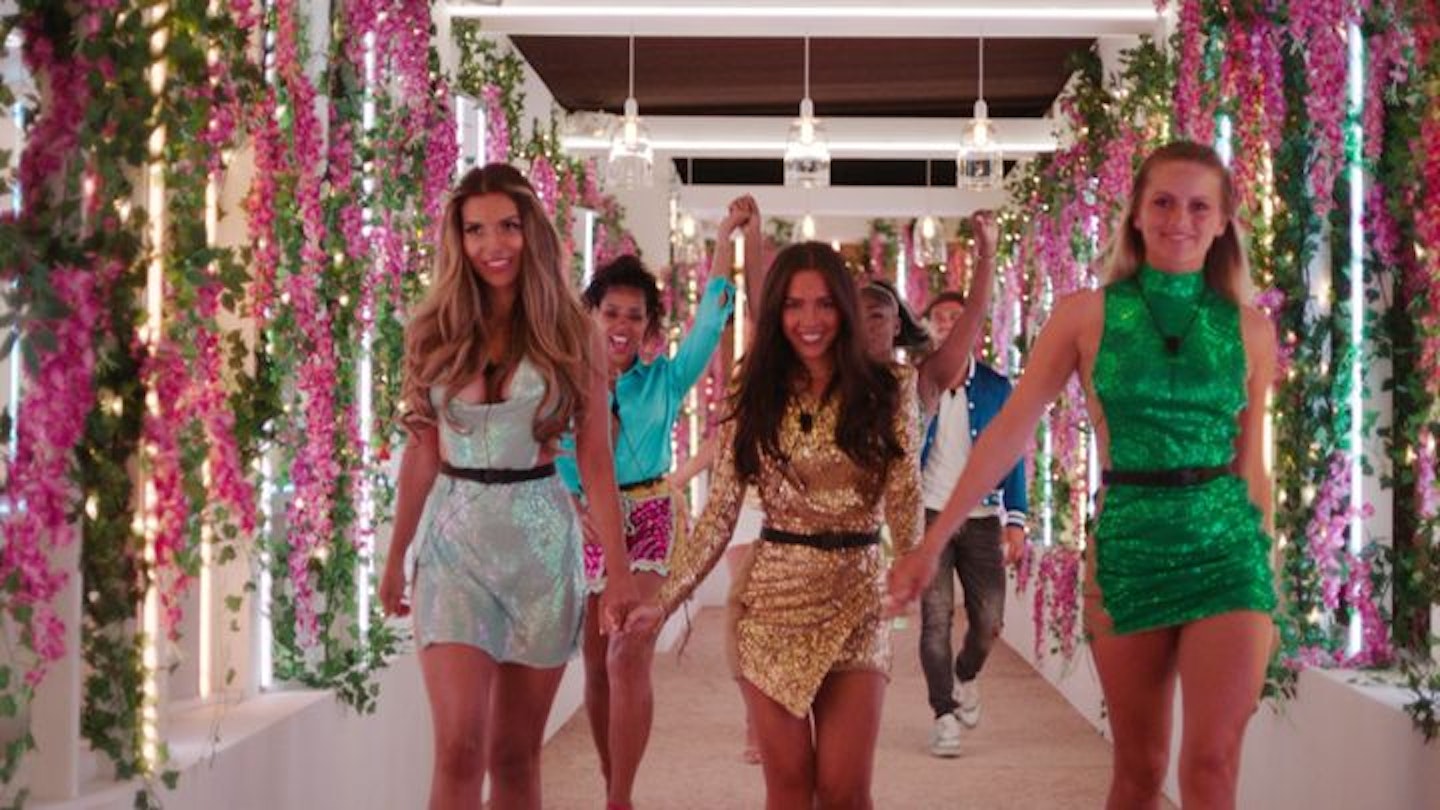2022 was the year that Love Island producers could finally no longer ignore the turning tide: the world is burning, and fast fashion - one of the biggest single contributors to greenhouse emissions and climate change - is out.
As one, if not the, most popular TV shows on UK telly, Love Island has undoubtedly been a driving force behind the popularity of the neon bodycon (etc) swathing an entire generation of young people. Often unethically manufactured, bought cheaply and frequently sent to landfill after just a few wears, fast fashion is the antithesis of environmentally conscious shopping, and with Love Island traditionally sponsored by and outfitting their cast entirely in brands like Pretty Little Thing or I Saw It First, it looked like the trend for slap-dash consumerism and a laissez-faire attitude toward the climate crisis was going nowhere fast.
That was until the show announced that for the 2022 series it would be partnering with eBay and shining its powerful spotlight on pre-loved fashion. Sure, the look that always been synonymous with the villa was by and large no different, but that was (part of) the beauty of it.
‘With viewers seeing preloved fashion on their screens each night, it[s] help[ed] to demystify the misconception that preloved fashion looks any different to fast fashion,’ says Sarah Penny, Content and Research Director at leading influencer marketing platform Influencer Intelligence.
‘The show has proven that it is easy to implement slow fashion pieces into your wardrobe, encouraging audience members to browse eBay, or other preloved sites for their clothing.
‘This could encourage more people to shop sustainably,’ she added.
But even with ITV2 making their sustainability statement, stars from the show continue to gain influence long after the show wraps. The coveted brand deals have come to be as integral to the Love Island experience (if not more so) than finding love, or Casa Amor head-turning; this year, runner up Gemma Owen became the first PLT brand ambassador since Molly-Mae Hague, but the signing faced backlash. Despite committing to making ethically conscious changes in the wake of protests at their fashion show in February, the brand still suffers from people feeling these promises are anything more than a jumping-on-the-bandwagon mentality. When the partnership was announced in a statement, there was no mention of sustainability.
A week later, Indiyah Pollack signed a six-figure deal with PrettyLittleThing, to be the face of the clothing brand's first ever marketplace. The platform will allows users to buy and sell used clothing from a range of brands.
In contrast, Tasha Ghouri – probably the best dressed Islander ever, in our humble opinion – was simultaneously announced as eBay’s first ever Pre-Loved Ambassador, building on the good work they’d already done in the villa.
Speaking of her new role, Tasha said, ‘Prior to Love Island, I’ve always bought secondhand for my wardrobe, so partnering with Ebay really is a dream come true. I feel passionately that we can all make little swaps to our wardrobes and our lives for the better and so I’m excited to join Ebay on their mission to put secondhand fashion at the front and centre.’
According to Penny this could be the start of a real trend for Influencers to use their reach for good in the field. But she admits Love Island’s challenge will be encouraging future contestants to make wiser, more sustainable choices.
‘With cancel culture becoming a common way for consumers to show their disapproval, influencers are also now more selective of who they partner with,’ she says. ‘Rising consumer demand for transparency and ethical conduct across production and supply chains is a driving force behind many influencers’ decision making when it comes to brand collaborations in the fashion industry.'
She continued, 'Fast fashion is unlikely to be in significant decline, particularly as finances are stretched with the cost of living crisis. As a result, for the foreseeable future it is inevitable that we will continue to see influencers work with those brands. [They] do so at their own risk however, and should be aware of the backlash they could face. Opportunities to monetise have broadened in recent years, allowing them to be more selective in a bid to protect their own personal brand.'
eBay x Love Island auction outfits
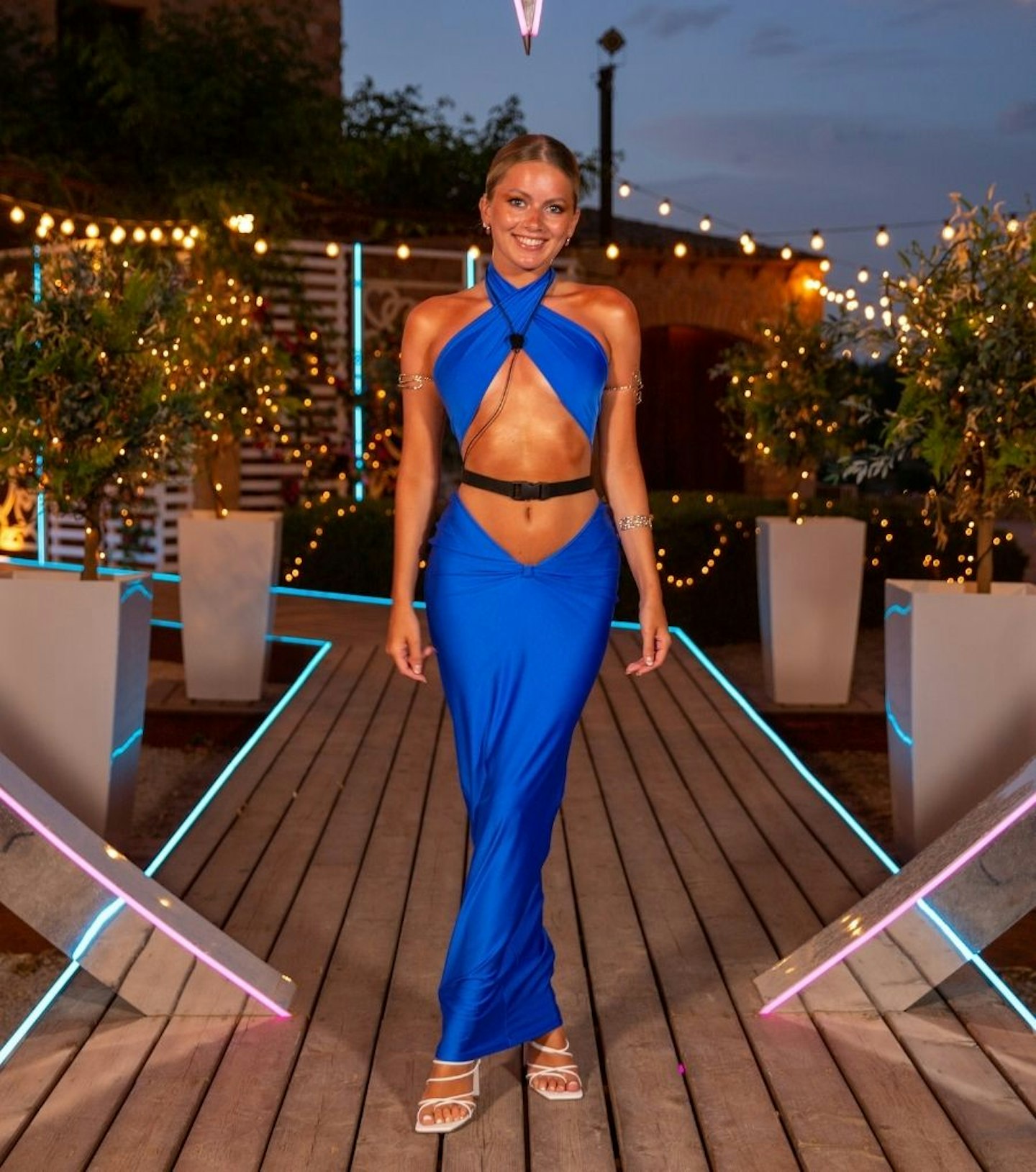 1 of 16
1 of 16Tasha's B The Label Blue Dress
 2 of 16
2 of 16Enik-Su's House of CB Brown Dress
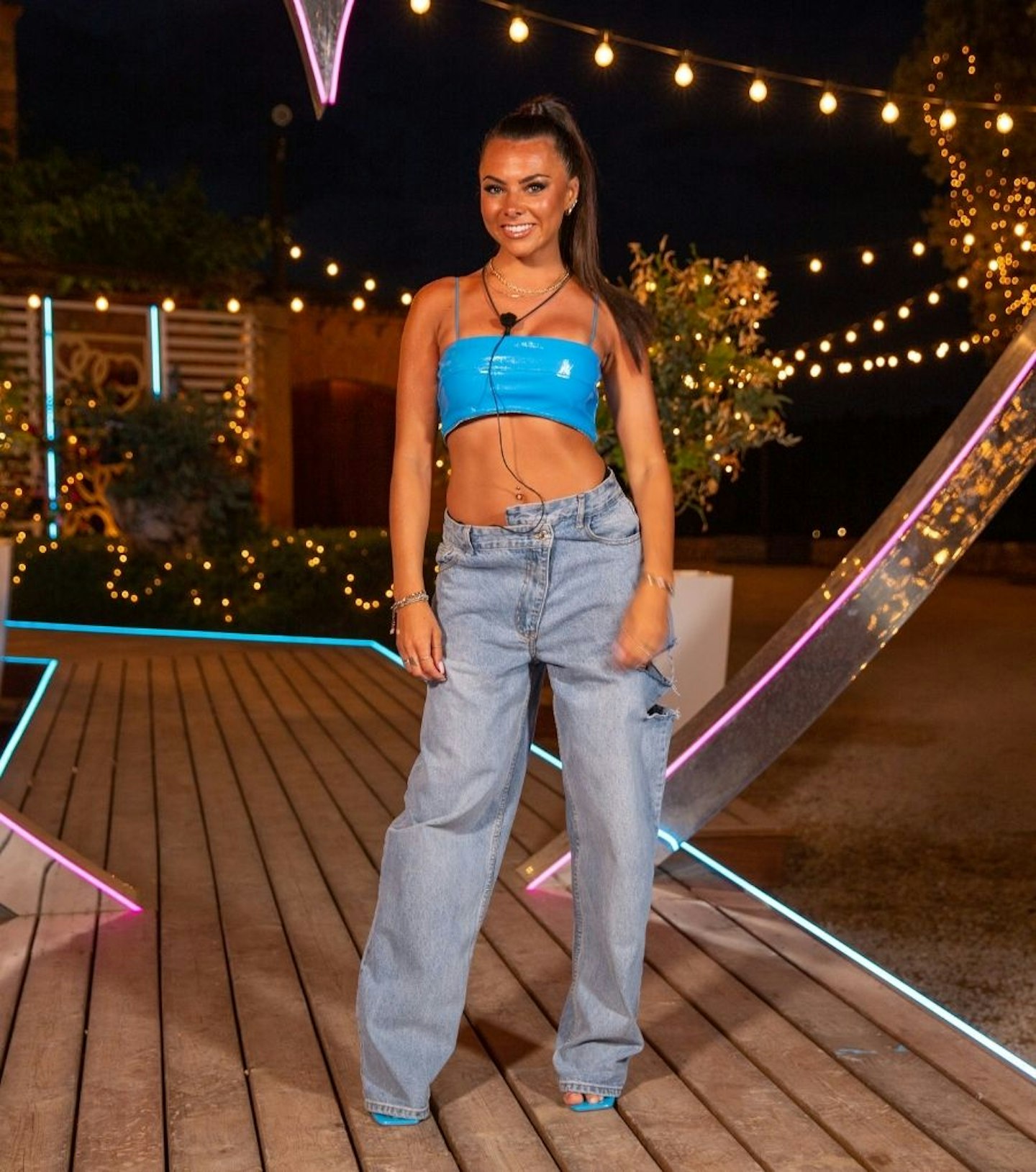 3 of 16
3 of 16Paige's I AM GIA Crop Top
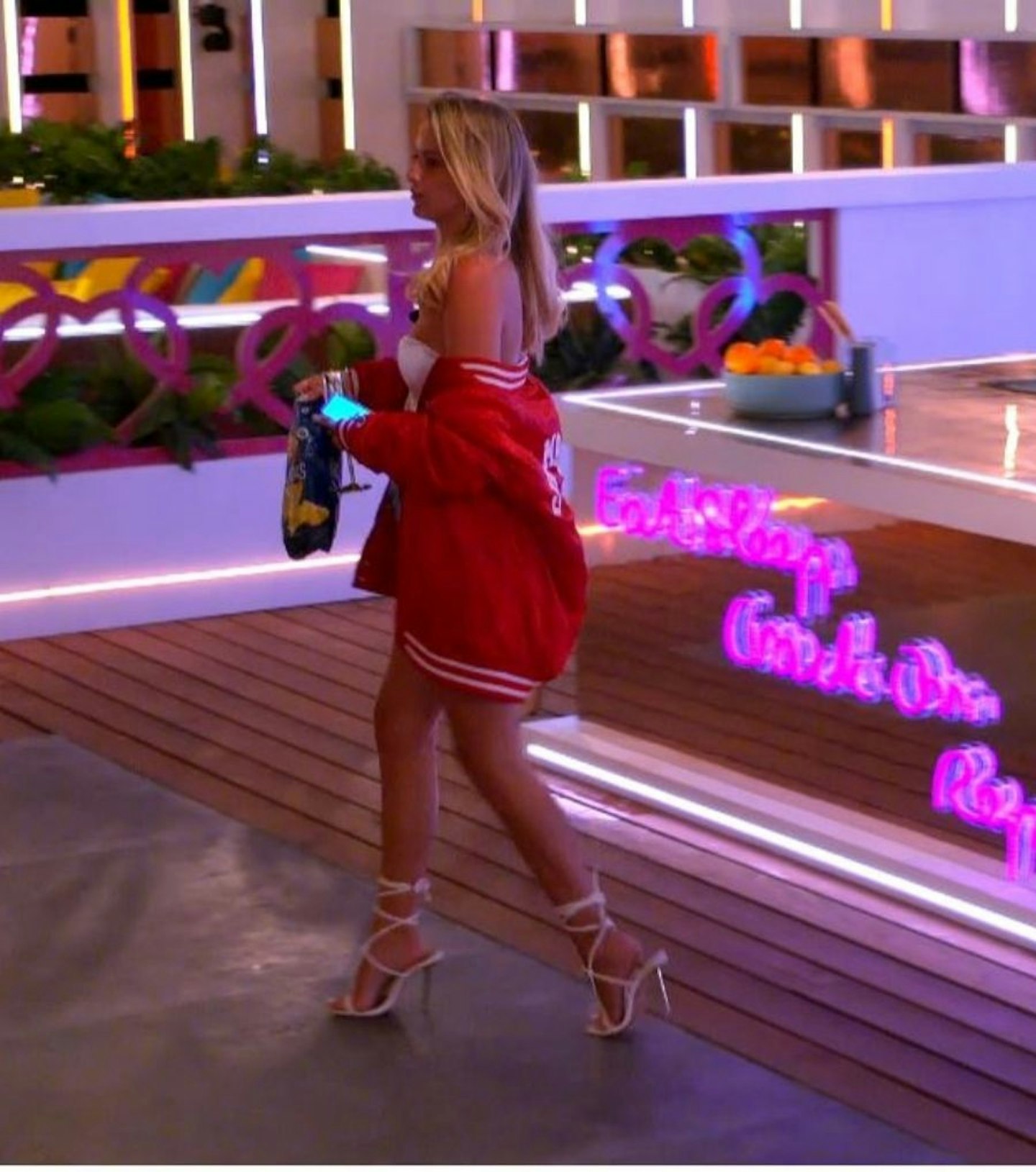 4 of 16
4 of 16Tasha's Champion Jacket
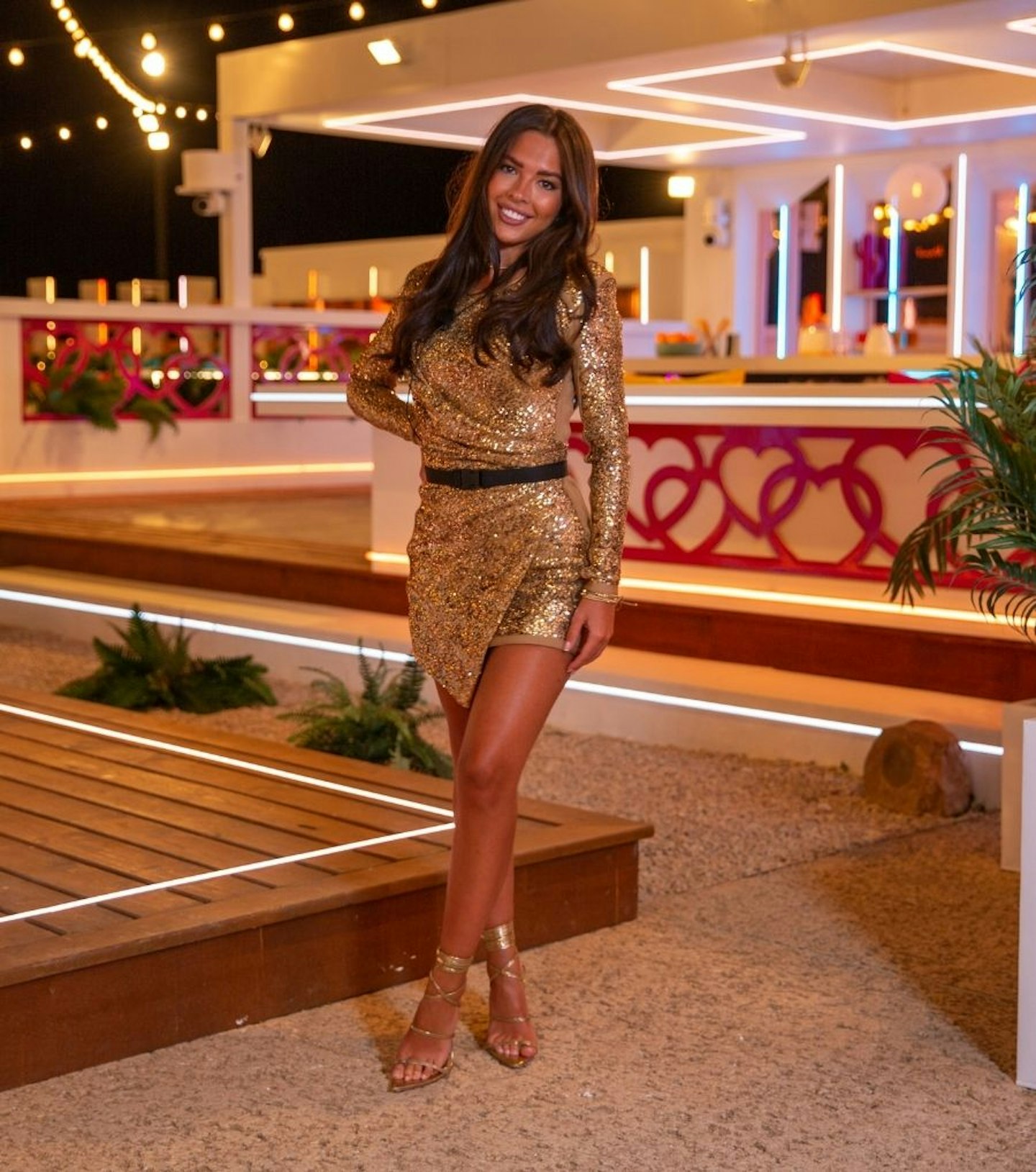 5 of 16
5 of 16Gemma House of CB Gold Sequinned Dress
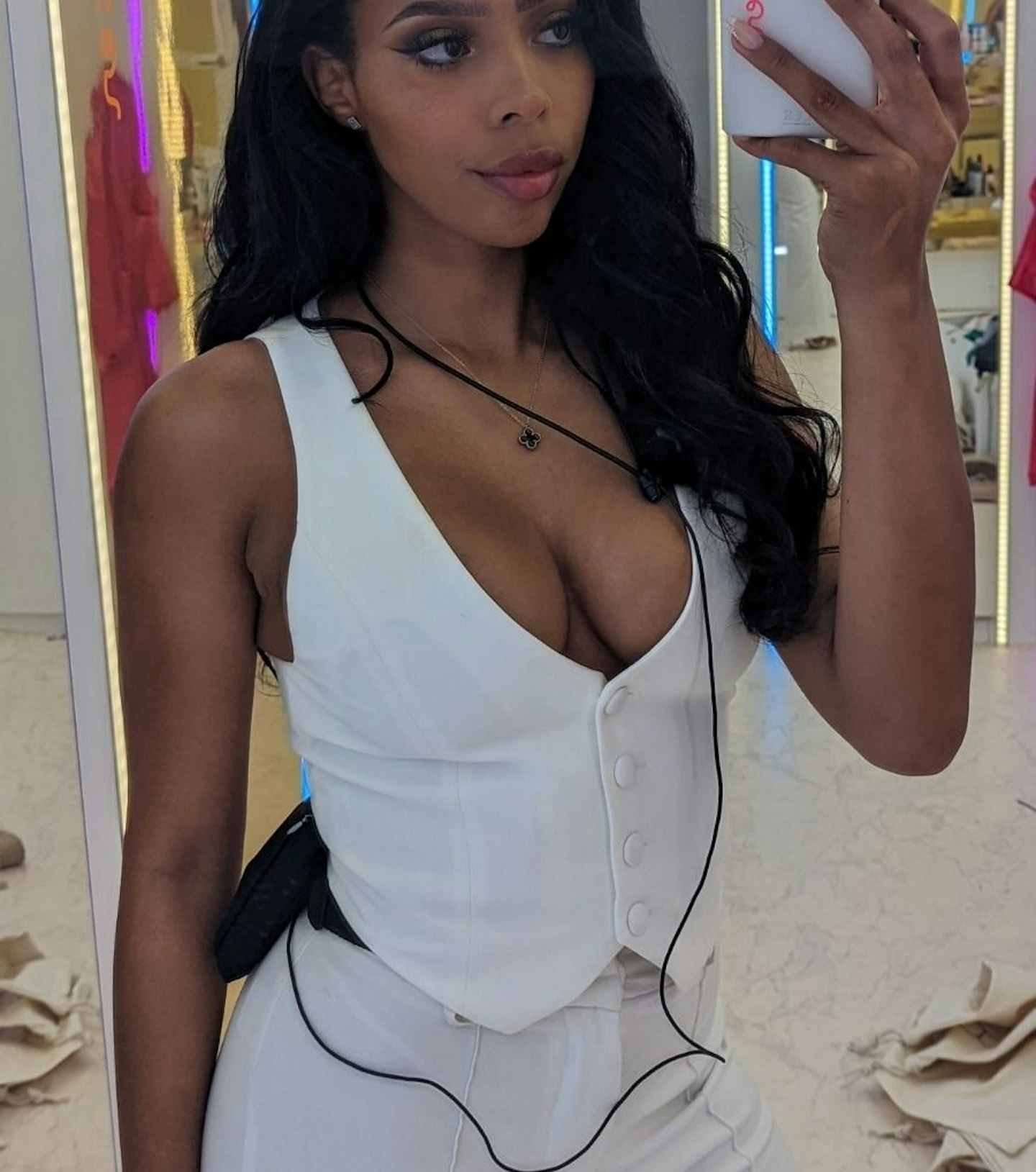 6 of 16
6 of 16Amber's White Trouser Suit and Waistcoat
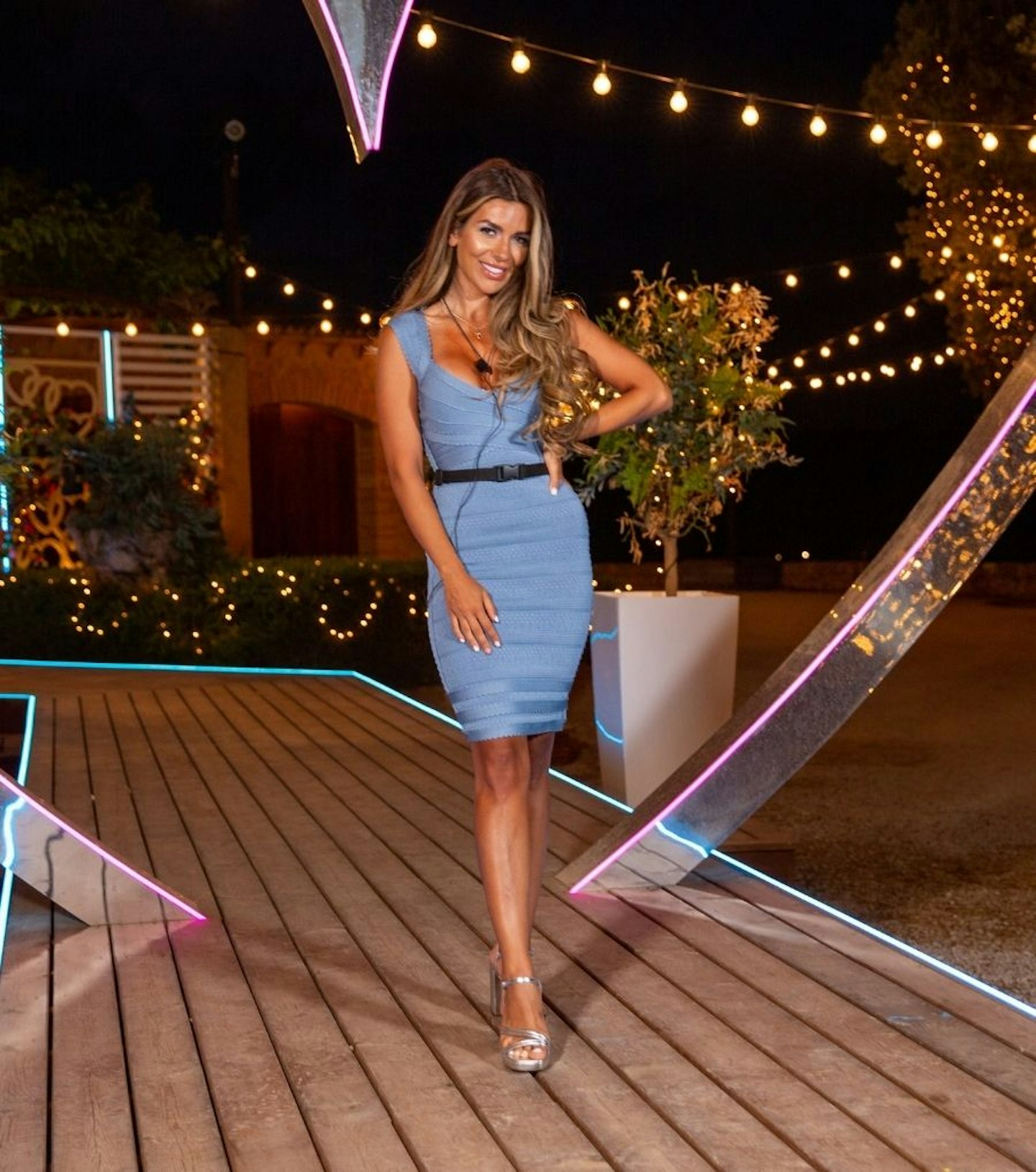 7 of 16
7 of 16Ekin-Su's Herve Leger Dress
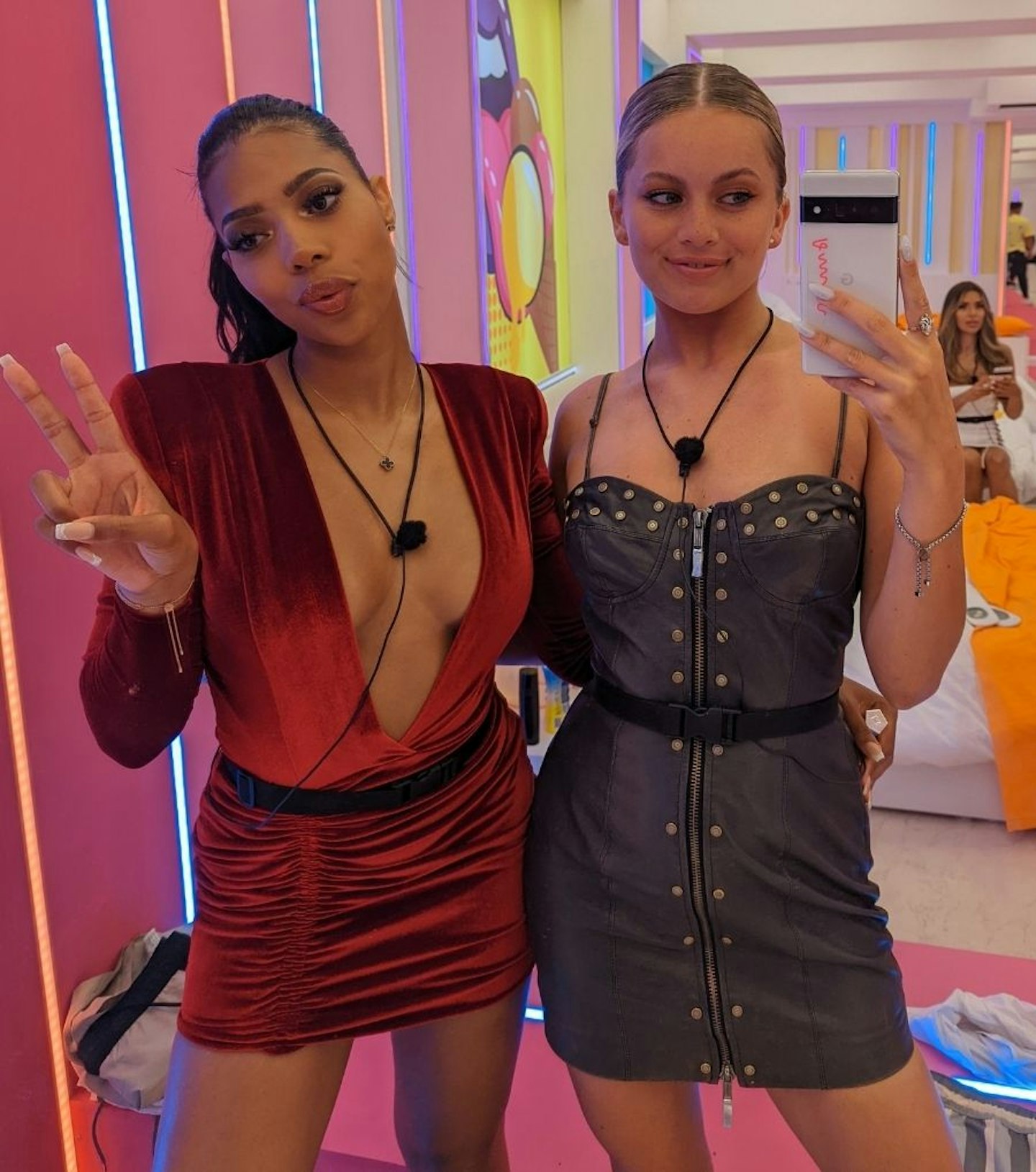 8 of 16
8 of 16Tasha's Diesel Women Leather Spaghetti Dress
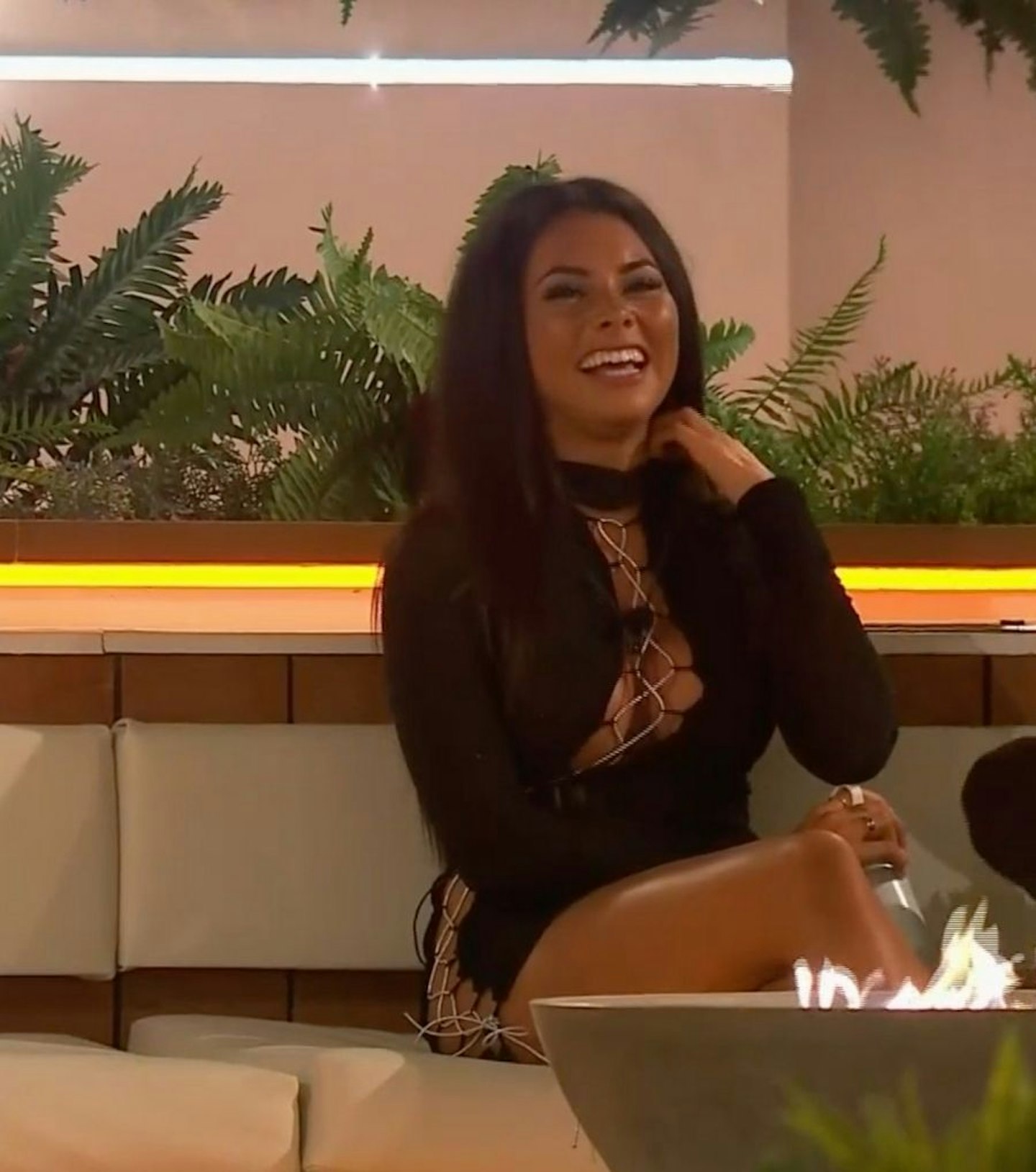 9 of 16
9 of 16Paige's Black Sorelle Reversible Dress
 10 of 16
10 of 16Danica's Levi Custom Denim Jacket
 11 of 16
11 of 16Ekin-Su's White Satin Lace Up Meshki Dress
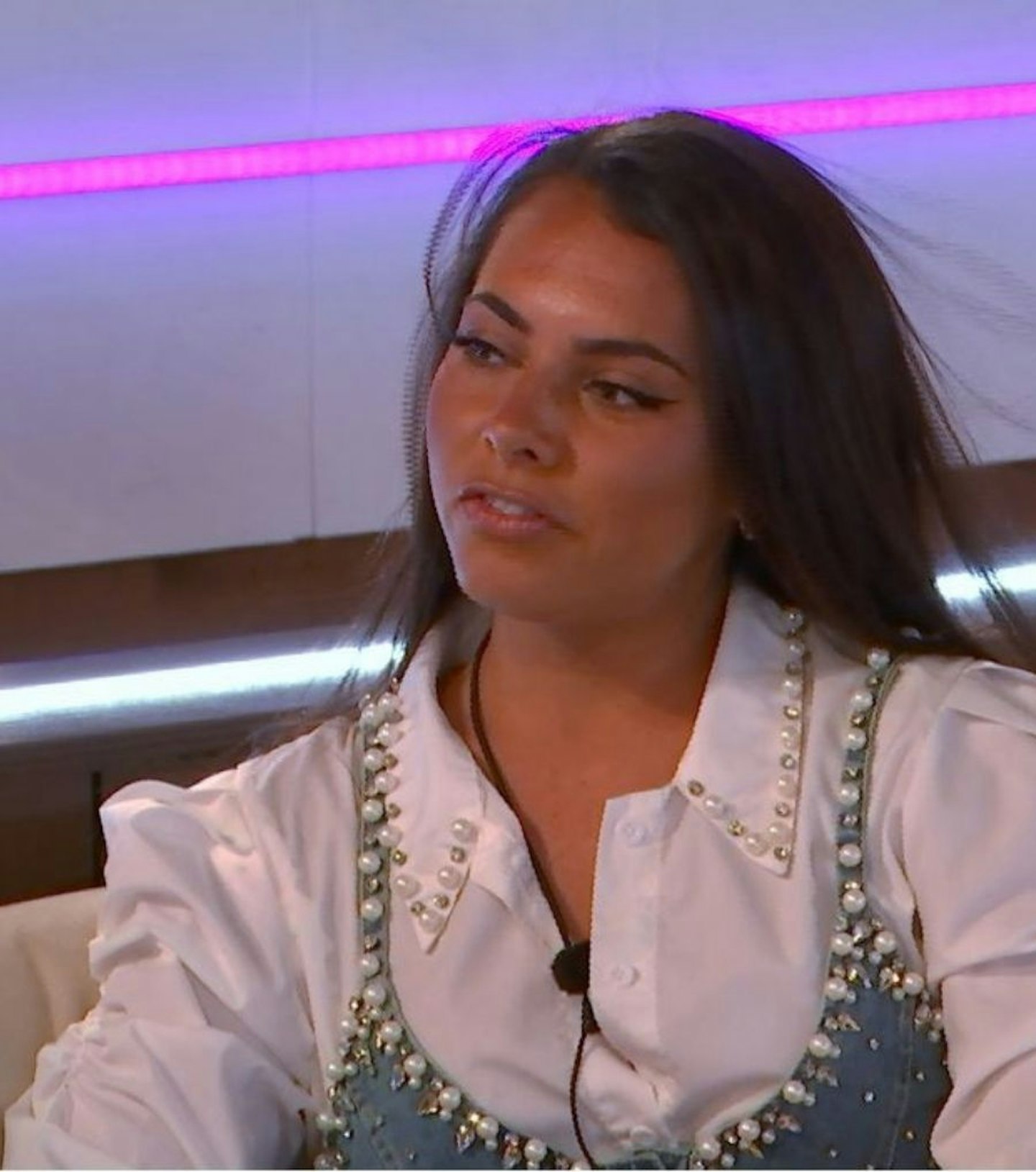 12 of 16
12 of 16Paige's Shirt Dress With Denim Corset Bralet
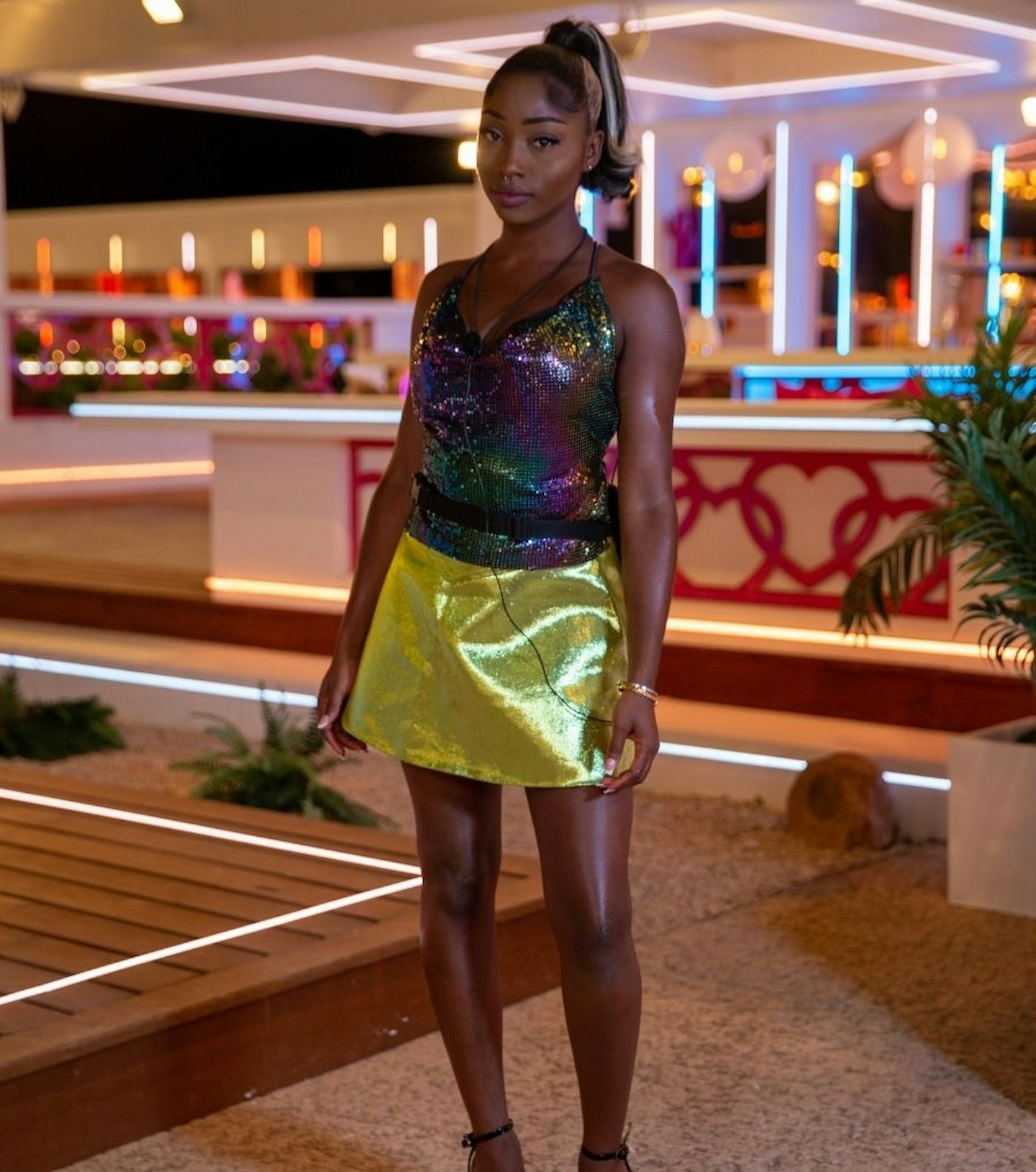 13 of 16
13 of 16Indiyah's Fausto Puglisi Metallic Green Silk Mini Skirt
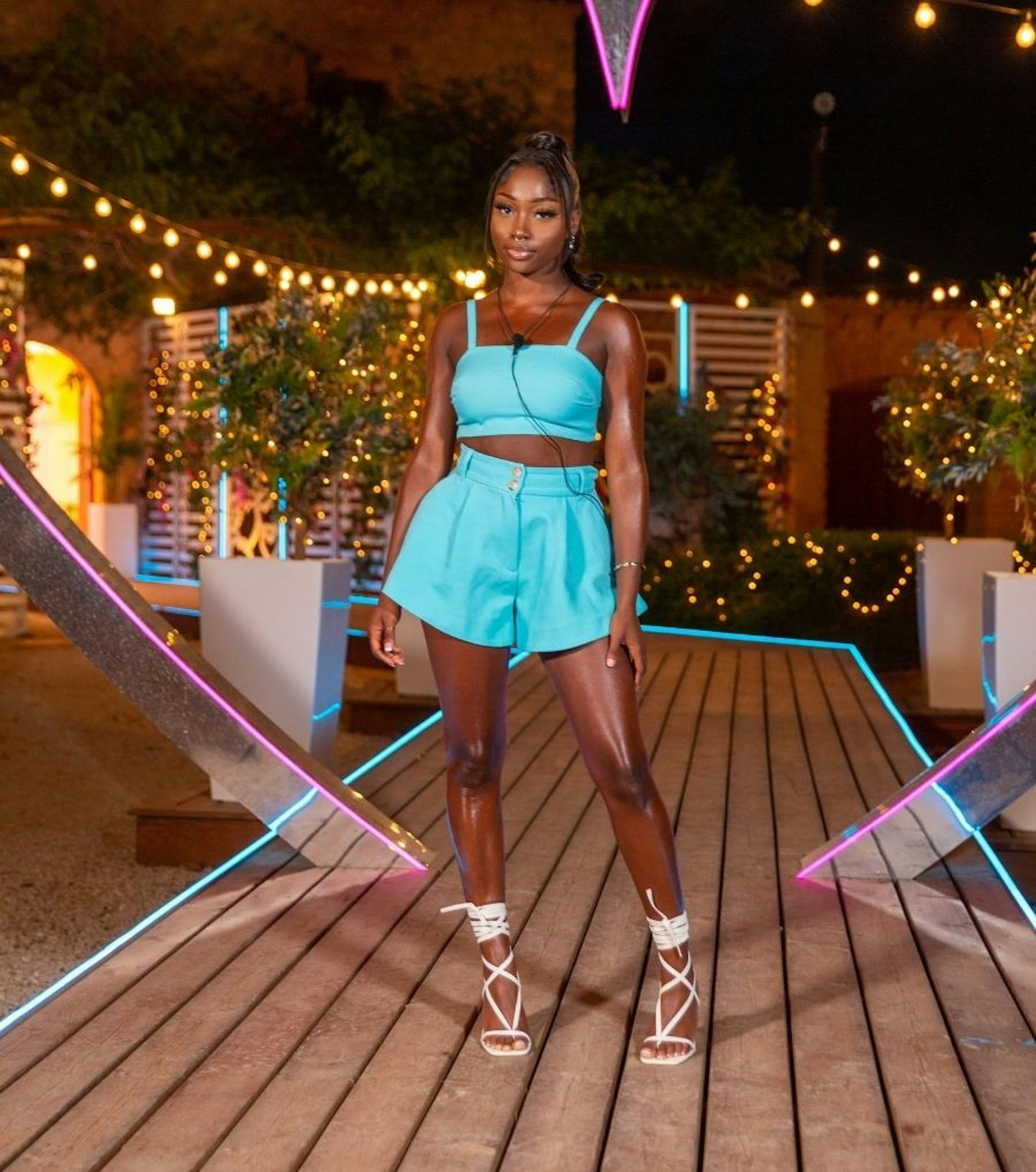 14 of 16
14 of 16Indiyah's River Island Aqua Blue Crop Top
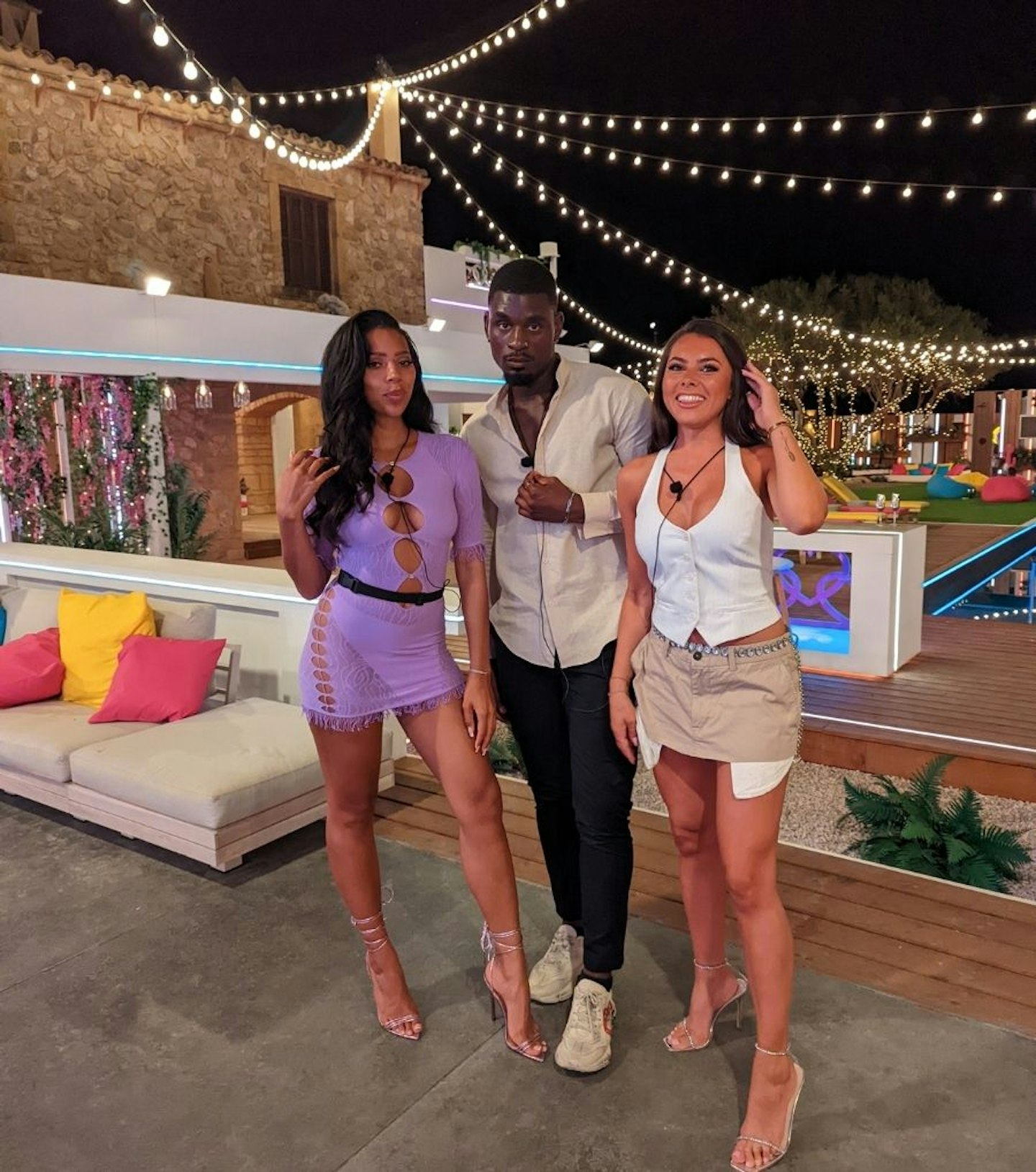 15 of 16
15 of 16Amber's Purple Poster Girl Miranda Dress
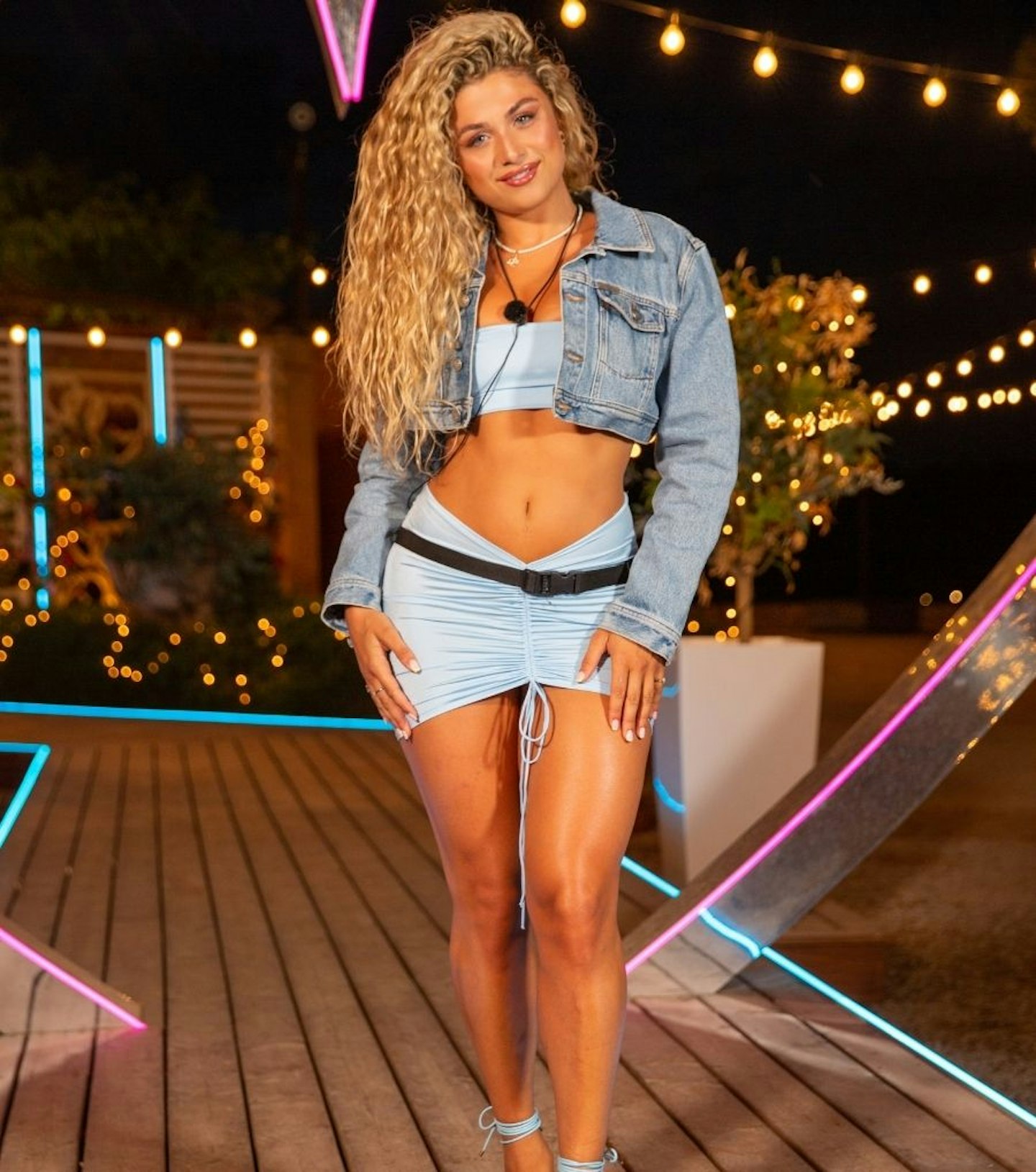 16 of 16
16 of 16